
Work-based training in Georgia – factsheet
The vocational education and training (VET) reform implemented in the last decade in Georgia was aimed at supporting socio-economic development and poverty reduction, and improving the VET provision to meet the requirements of the labour market.
In all VET educational programmes, 40% of provision is compulsory practice. Apart from school-based VET, in recent years, work-based learning (WBL) and dual education have gained a lot of attention. While WBL is mainly a learning concept that integrates theoretical knowledge with hands-on experience, dual VET, which is the most integrated form of WBL and particularly responsive to the job market, goes much beyond the design of learning processes and is particularly dependent on systemic cooperation between the state, business sector and civil society. The introduction of dual education programmes began in 2016, significantly enhancing the employment and self-employment opportunities of VET graduates. At the same time, modularisation of VET programmes together with competence-based teaching and assessment are being introduced throughout the national VET system.
As part of its Private Sector Development Programme in the South Caucasus, the Deutsche Gesellschaft für Internationale Zusammenarbeit GmbH (GIZ, a German development agency) has supported the introduction of dual education programmes in the wine, tourism and construction sectors.
Download
MOST READ
RELATED
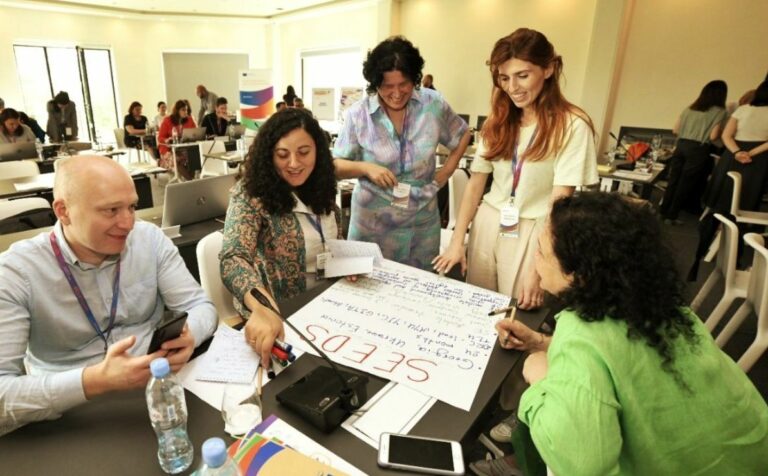
EU4Youth Newsletter: Welcome to the EU4Youth Stakeholder Hub!
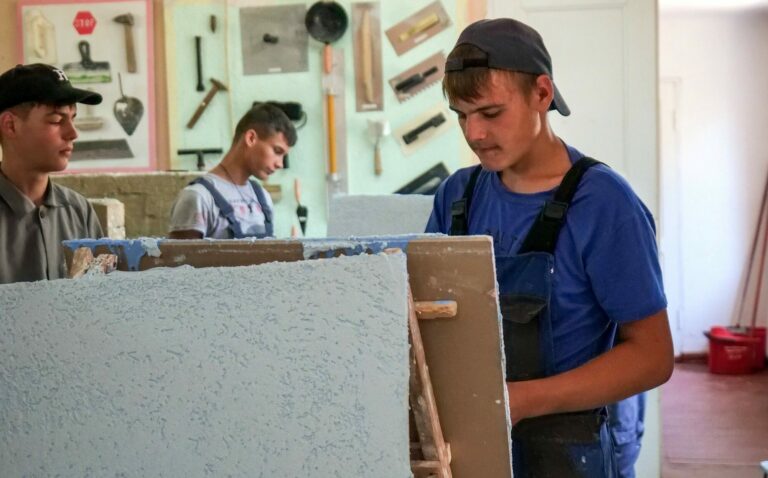
EU4Youth develops Youth Wiki reports on Youth Employment and Employability
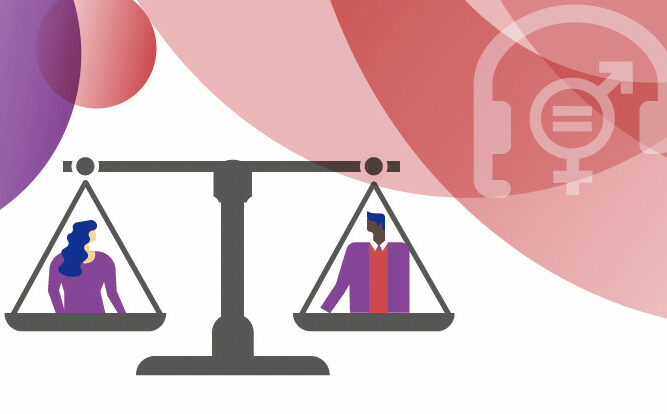
EU4Gender Equality Reform Helpdesk’s support (2021-2024) for Georgia
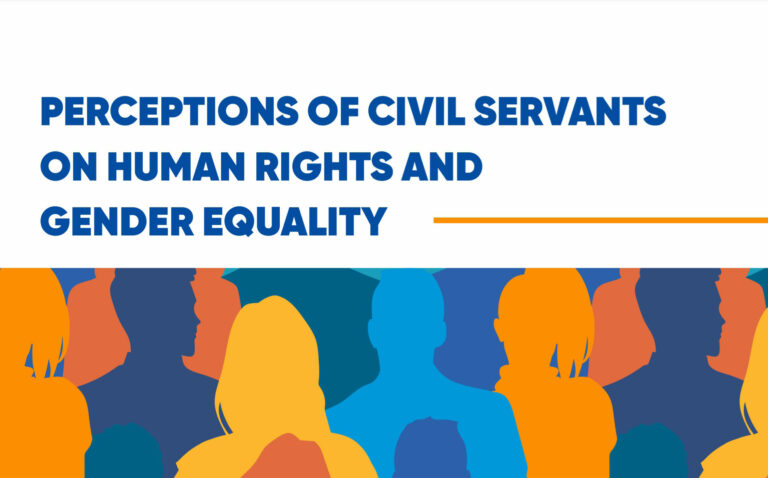
Perceptions of civil servants on human rights and gender equality
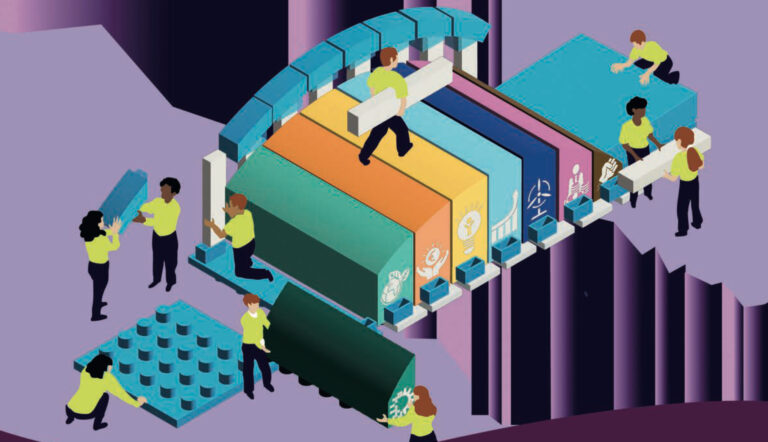
SME Policy Index: Eastern Partner Countries 2024 – Building Resilience in Challenging Times
More campaign pages:
Interested in the latest news and opportunities?
This website is managed by the EU-funded Regional Communication Programme for the Eastern Neighbourhood ('EU NEIGHBOURS east’), which complements and supports the communication of the Delegations of the European Union in the Eastern partner countries, and works under the guidance of the European Commission’s Directorate-General for Neighbourhood Policy and Enlargement Negotiations, and the European External Action Service. EU NEIGHBOURS east is implemented by a GOPA PACE-led consortium. It is part of the larger Neighbourhood Communication Programme (2020-2024) for the EU's Eastern and Southern Neighbourhood, which also includes 'EU NEIGHBOURS south’ project that runs the EU Neighbours portal.

The information on this site is subject to a Disclaimer and Protection of personal data. © European Union,







